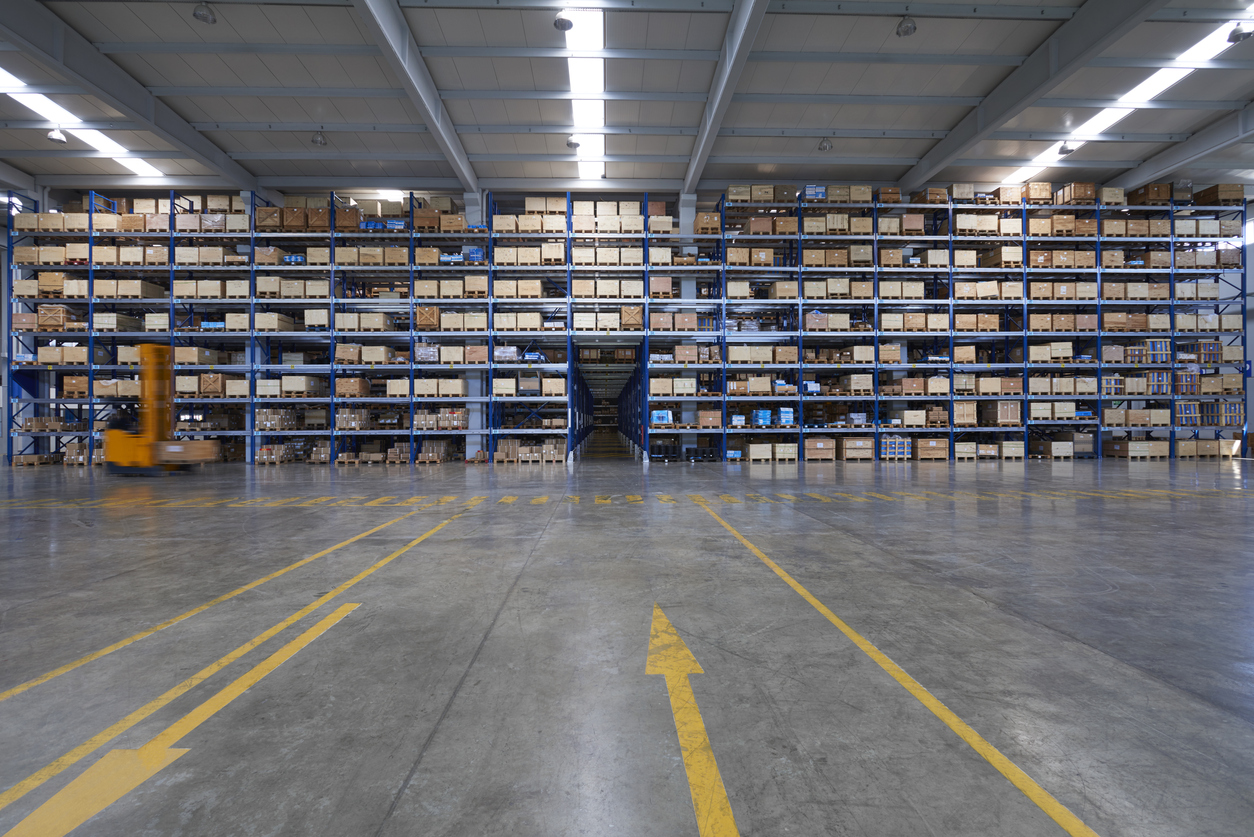However, the process of selecting the right 3PL provider can be complex and challenging. Tenders play a crucial role in this process, as they enable companies to evaluate and compare different service providers. 4Supplychain can help to navigate this process effectively.
Our key considerations are:
Evaluate the existing partnership. Before making the decision to look for a new 3PL, we advise to explore opportunities to improve and strengthen your current relationship. Your existing 3PL is familiar with your operations, preferences, and requirements – while building a new relationship requires plenty of time, effort, and resources. Investing in a long-term partnership can also facilitate better alignment of goals and more effective collaboration, which may lead to better pricing, service levels, and support over time. Of course, there are situations where switching to a new 3PL is necessary, such as if your current provider consistently fails to meet your requirements, lacks the capabilities you need or is clearly less cost efficient than the benchmark.
Define logistics requirements: We support you in clearly defining the logistics requirements. This includes identifying the scope of services, the (current) processes, geographical coverage, delivery timelines, IT set-up (interfaces), and any specific industry regulations or compliance standards. The more detailed your requirements are, the better the responses from 3PL providers will be. Based on rich experience in 3PL tenders, we created a template with a thorough set of criteria for each sector.
Develop evaluation criteria: The next step is to establish a set of evaluation criteria to assess the capabilities of potential 3PL providers. These may include factors like operational expertise, track record, customer references, technology infrastructure, sustainability practices and financial stability,. Together we assign weights to each criterion based on their importance to your business objectives.
Draft comprehensive tender documentation: This step is critical for finding the ideal partner and establishing the framework for a productive partnership. A robust tender documentation set is created, incorporating lessons learned from past experiences. In support of the list of requirements (reference to second key consideration), we create a quotation sheet and a guidance document which outlines the project timeline, including the start date, site visits, shortlisting, final presentations, and the ultimate selection process. Where needed, we carry out data analysis and prepare comprehensive process descriptions, and even share a draft contract template (or minimum terms) in advance. This approach streamlines the RFP process, saving time and ensuring clarity.
Pre-selecting providers (long list/ mid list): Prior to issuing the tender, we contact potential 3PL providers – many of whom are already part of our existing network. We exchange basic information (RFI) and confirm their interest. This step helps ensure that only qualified providers participate in the tender process, saving time for both parties.
The actual selection: in the final phases of the tender, we help you to make a your choice for the most suitable candidate. The selection will be done based on site visits, presentations and discussions with the candidates. We ensure a well-structured and well-founded decision making process, both fact-based but also answering to the intuition of the selection panel.
4Supplychain also supports the negotiation and contracting phase, during which the contract terms, pricing, service levels, and performance metrics are finalized. We ensure that all key aspects are thoroughly discussed and documented to avoid any misunderstandings in the future – seeking legal counsel where necessary.
Finally, the implementation phase is crucial to avoid disruptions and service-level gaps during the transition. With a pragmatic approach built on many years of experience, our focus is on reducing risk to a minimum. Small teams are formed to address specific topics such as IT, processes, and goods transfer, ensuring strong oversight and governance. Emphasis is placed on addressing potential bottlenecks, particularly in the IT infrastructure, which can impact project timelines.
Tenders play a vital role in selecting the right third-party logistics provider to optimize your supply chain operations. By following a structured approach, you can make an informed decision that aligns with your business requirements. The success of your logistics operations heavily depends on the capabilities and reliability of your chosen 3PL provider, so invest the necessary time and effort into the tender process to forge a mutually beneficial partnership.

